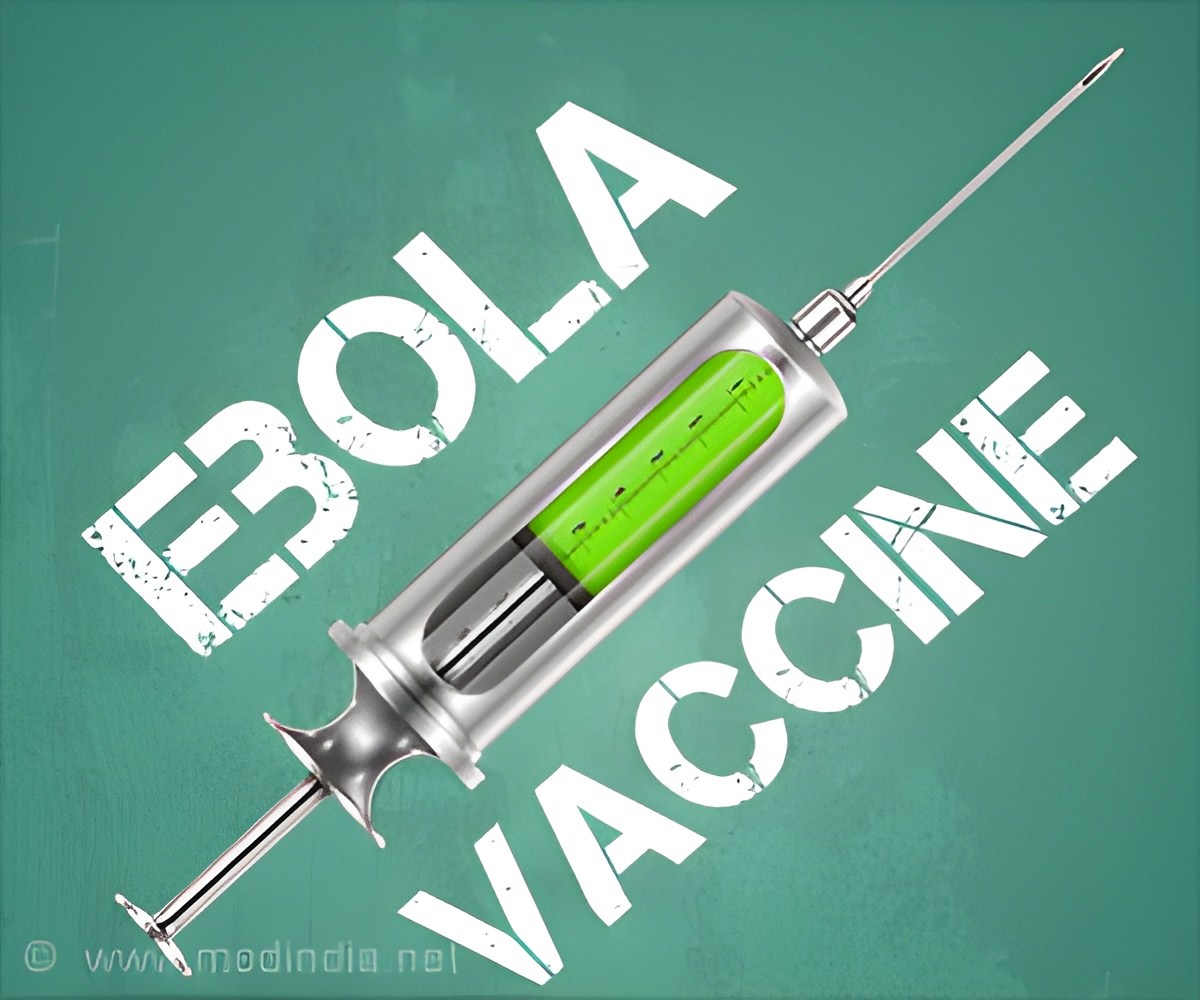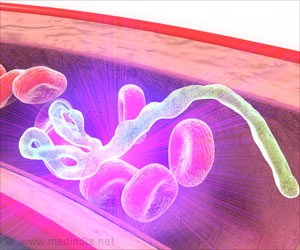To thwart any return of the deadly ebola epidemic, Charity alliance Gavi committed to buy $5 million worth of an experimental Ebola vaccine from drugmaker Merck.

‘The suffering caused by the deadly Ebola crisis was a wake-up call to many in the global health community.’





Gavi, which primarily helps poor countries vaccinate their children, announced the deal on the sidelines the World Economic Forum, an annual gathering of the elite -- from billionaires to political leaders and top scientists -- in the Swiss ski resort of Davos. This provided impetus for the fast-track development of drugs which yielded several promising vaccine candidates, including Merck's VSV-ZEBOV Ebola vaccine. "The suffering caused by the Ebola crisis was a wake-up call to many in the global health community," said Gavi head Seth Berkley.
"Our innovative financing agreement with Merck will ensure that we are ahead of the curve for future Ebola outbreaks," he added. One of two leading vaccine candidates, VSV-ZEBOV, was developed and tested in an unusually fast 12 months last year, compared to the normal decade or more. Ebola has no licensed cure or treatment.
In the trial, 4,123 high-risk people were vaccinated immediately after someone close to them fell ill with the haemorrhagic fever. None of the vaccinated group caught the virus.
- New death -
Advertisement
The WHO said Thursday that the two-year Ebola outbreak that killed 11,315 people and triggered a global health alert was over, with Liberia the last country to get the all-clear. Charity Doctors without Borders, known by its French initials MSF, played a central role in facing the epidemic and cautiously welcomed the announcement.
Advertisement
Liu said it would remain especially vigilant on the availability and price of any doses developed, expected to be about 300,000 by May of this year. "We don't think that public and philanthropic funders should pay twice for the R&D for this vaccine," she said.
The conditions under which the research to find an Ebola vaccine has been carried out are unprecedented. None of the research, for example, has yet been tested in general, non-infected populations -- the gold standard for proving efficacy.
And many drug studies started when the epidemic was already declining and there were no longer enough patients for clinical trials. Nevertheless, many studies have advanced to the point that testing can continue if there is another outbreak.
Other than Merck?s VSV-ZEBOV, the frontrunners are ZMapp, a cocktail of three artificial Ebola antibodies made by Mapp Biopharmaceutical in California and Avigan, an antiviral tablet developed by a subsidiary of Japan's Fujifilm Holdings. Both were given to infected medical workers, though it is not sure that their survival was due to the treatment.
A lesser-known compound called GS-5734, developed by US-based Gilead Sciences, was given to a Scottish nurse who recovered after being hospitalised with a serious relapse months after her initial recovery.
Source-AFP













